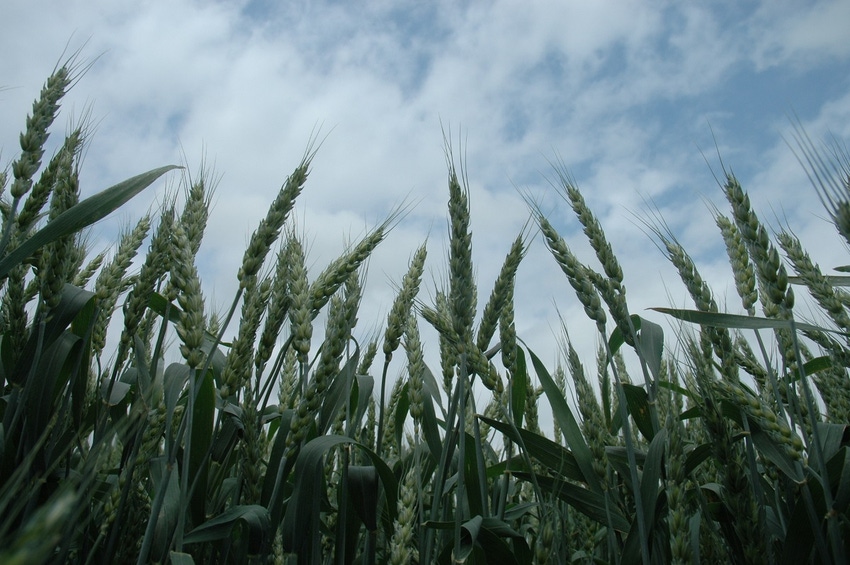
Monday (June 29), President Obama signed a fast-track trade authority bill into law that could open the doors to and speed Trans-Pacific Partnership (TPP) negotiations with 11 other Pacific Rim nations in the coming weeks, a measure the White House believes will be good for American workers and businesses and will give the United States a global competitive edge.
Also, two former agriculture secretaries, Mike Espy who served as Secretary of Agriculture for the Clinton White House (1993-1994) and John R. Block, who served as President Reagan's Secretary of Agriculture (1981-1986), say new opportunities for growth and expansion of U.S. agriculture will get a major boost when U.S.-Cuban trade relationships are normalized.
"While Cuba currently trades with 155 other countries, its central planning agencies today realize that — as a country that grows no domestic wheat and imports 300,000 tons of rice annually from Vietnam — it is far better to buy wheat and rice from Mississippi, Louisiana or Arkansas, than to have it shipped from 4,000 miles away," Espy reported in his online blog this week on the Cultivating New Frontiers in Agriculture (CNFA) website.
Both Espy and Block are board members of CNFA. According to the website, the organization's mission is to stimulate economic growth and improve rural livelihoods in the developing world by empowering the private sector.
Espy says President Obama's plan to reestablish diplomatic relations and expand trade and travel with Cuba is a landmark step for both countries. With Cuba importing as much as 80 percent of its food from around the world, new trade agreements with the island could open the door for U.S. agriculture by providing new markets for farm-raised products.
For the latest on southwest agriculture, please check out Southwest Farm Press Daily and receive the latest news right to your inbox.
"Simply put, normalization of trade with the United States—and agricultural trade, in particular—will return Cuba to a partnership with the world’s most technologically advanced and efficient producer of food and feed commodities," he added.
Ready market for U.S. exports
The former Secretary said the U.S. produces two-thirds more crop than the domestic market consumes, and farmers in North America need new export markets to survive.
In January, the White House announced an initiative to end 50 years of trade restrictions with Cuba and also new rules aimed at easing travel to and from the Caribbean Island. Under the plan approved earlier this year, Americans no longer need to obtain a Treasury Department license to travel to Cuba to conduct business. They are allowed to return from Cuba with as much as $400 in Cuban goods, including $100 worth of alcohol and tobacco.
Espy and Block say Cuba is already primed to begin exporting products made and/or grown in Cuba to benefit both the island nation and U.S. consumers, especially when it comes to agricultural products. About one-third of Cuba is arable land and an adequate labor force can support agriculture production. In fact, nearly 20 percent of workers in Cuba are involved in agriculture of one kind or another.
Espy says mutual trade between the U.S. and Cuba will not only open new markets for U.S. farmers and provide a new source for fresh fruits and vegetables for U.S. consumers, it will help Cuba become more stable and prosperous and will provide income and increased nutrition to the Cuban people.
New markets for technology
In addition, U.S. companies would find new markets for technology. The opportunities for engineering and for promoting a sustainable system of agriculture would prosper and eventually help both nations.
Espy says eventually other benefits of renewed trade with Cuba will include opening opportunities for U.S. companies to purchase land, construct hotels and resorts like those in other Caribbean destinations, and will promote travel to Cuba, which in turn will help forge better relations and develop new friendships between neighboring countries.
Supporters of opening Cuba to more influence and relations with the U.S. warn normalized trade will not happen overnight. Travel to Cuba solely for the purpose of vacationing, for example, is still not possible under the new rules, and even if it were, the infrastructure to support mass tourism simply does not exist in Cuba yet.
But as relations normalize and investors begin to build for a better future on the island, the day may be coming when Americans will flock to Cuban beaches and resorts and both nations will benefit from mutual cooperation on several fronts.
In the meantime, some of the first benefits may come to U.S. farmers as agricultural markets expand to an area that until recently was closed to most U.S. exports.
About the Author(s)
You May Also Like




